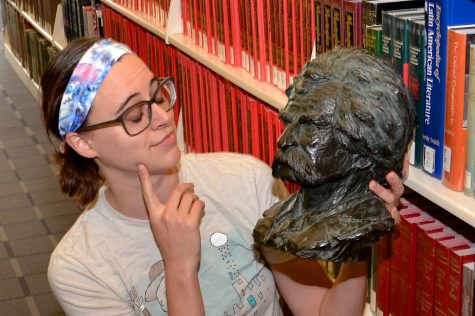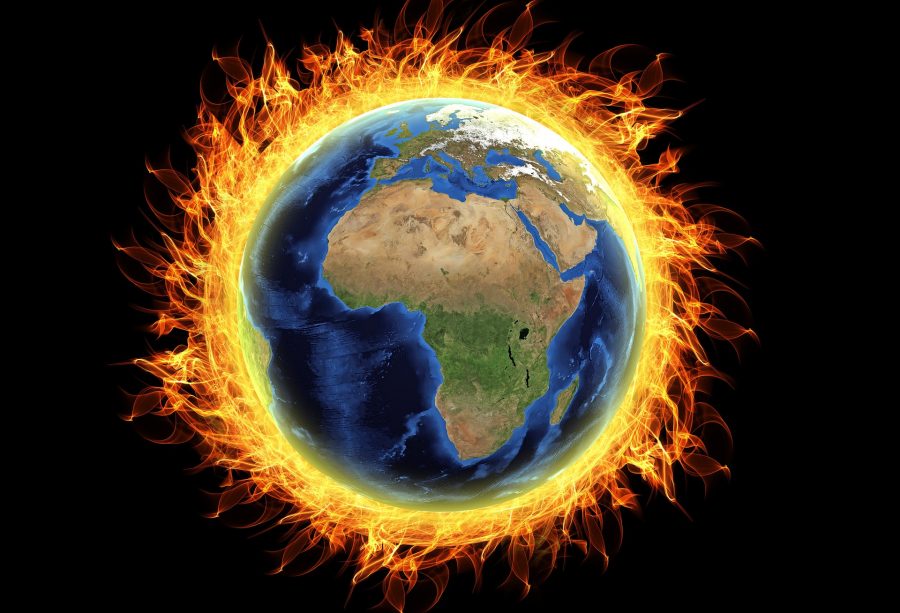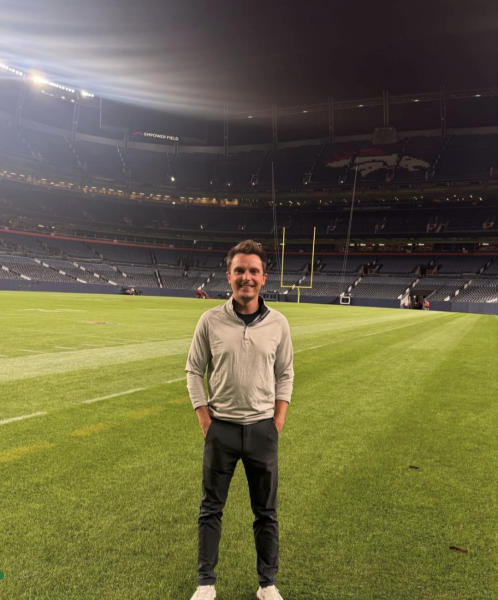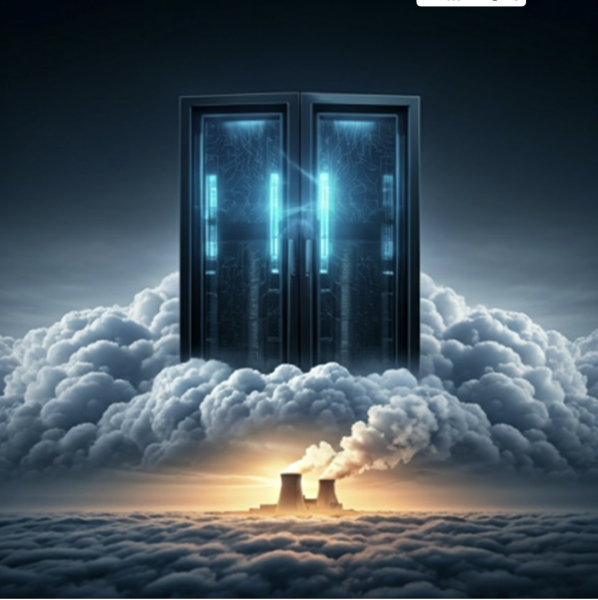Environmental Writing and Natural World Discussion at ACC
Three authors spoke at the ACC library last week to discuss their writings regarding climate change and other environmental issues. Articles about the environment are generally portrayed as a hopeless situation. “It’s beyond repair” seems to be the ongoing message. The three panelists, Ciara O’Rourke, Sean Prentiss, and John Calderazzo, spoke passionately on the matter, and not without optimism.
O’Rourke is a freelance writer, her topics ranging from religious belief versus scientific evidence, autism, and political stories. Prentiss is the author of several nature books, including Finding Abbey: a Search for Edward Abbey and His Hidden Desert Grave. Calderazzo is a freelance writer and creative writing professor at Colorado State University.
While they all agreed that global warming should be addressed with immediacy, improvement can be achieved through education and different forms of activism.
“I think you have to present things,” Calderazzo stated, “even when they’re not good, you can’t sugar coat them, but you have to present them in a way that contains the ability to have your students think about what they might do. And if you don’t do that, I don’t think you’re a responsible teacher. You have to allow students to imagine their own place in the future”.
When asked if O’Rourke considered her writing to be activism, she said that she chooses topics of her interest, therefore her writing will shed more light to readers. It just so happens that her topics of interest include global warming, rural land defragmentation, and public safety.
Prentiss pointed out that environmental writing and advocacy has been prevalent for over 100 years. His memoir subject, Abbey, was an outspoken writer and National Park Service ranger since the 1950’s. Prentiss even brought up documentation from the American Indians when their land and culture was being decimated by colonial invasion.
Calderazzo also teaches scientific experts how to present to policy makers. He trains people to use simple storytelling techniques and to avoid overly complex jargon. “Maybe instead of saying greenhouse gasses, say heat-trapping gasses, because that explains what it is.” Calderazzo suggests.
“I just try to give them some techniques that will give them skills to make their message take, not just sound good so that someone walks away remembering what they said.”
All of the authors are careful about presenting and researching unbiased facts. Through a combination of evidence-based thinking and enticing narrative, their messages have stuck to their audiences.

Nico Danks is a second-year student at ACC and a transplant from the East Coast. Having lived in the Denver area for three years, she loves that Colorado provides ample resources of entertainment that can suit her ADHD lifestyle. Her...








